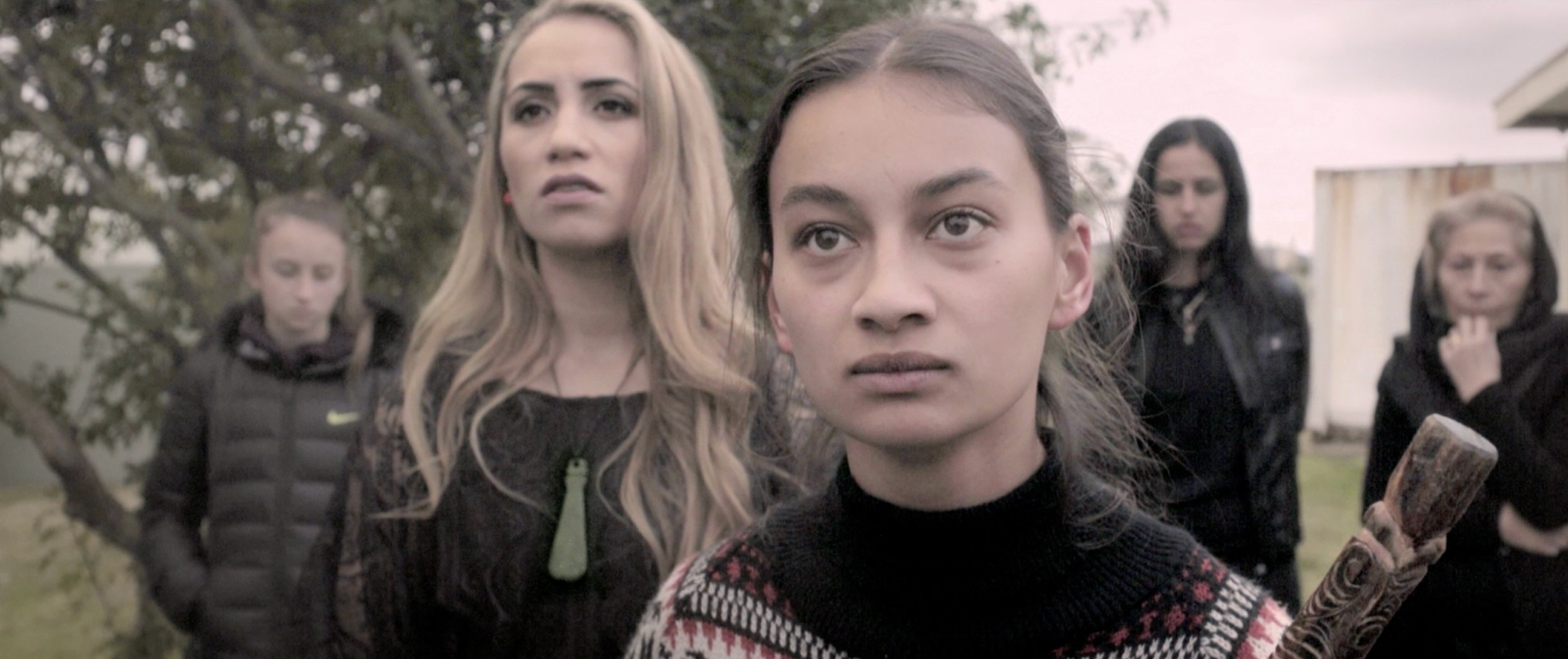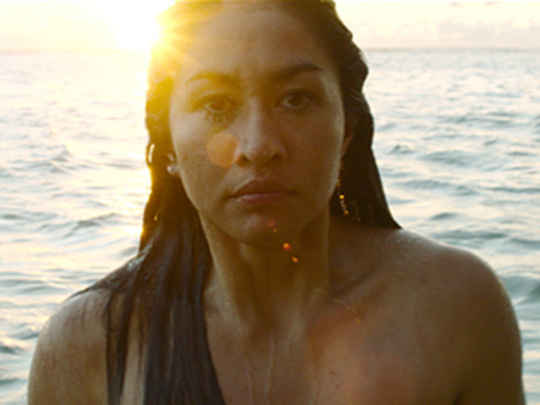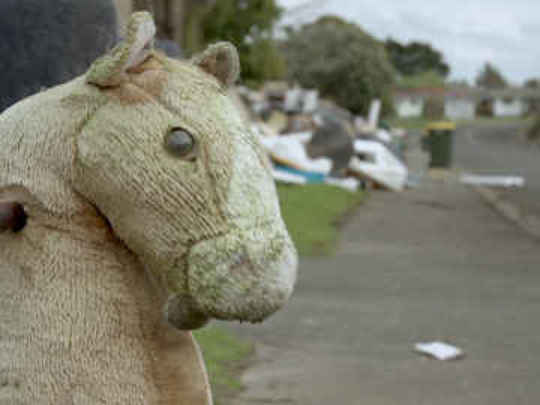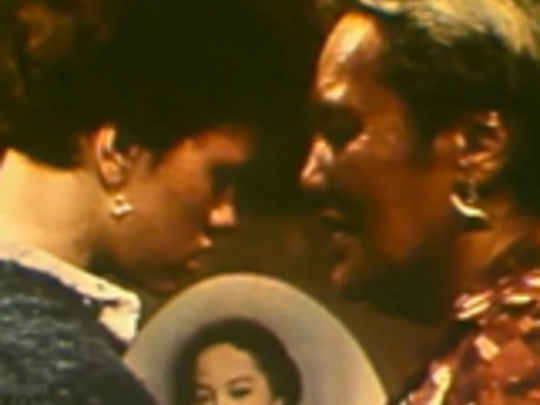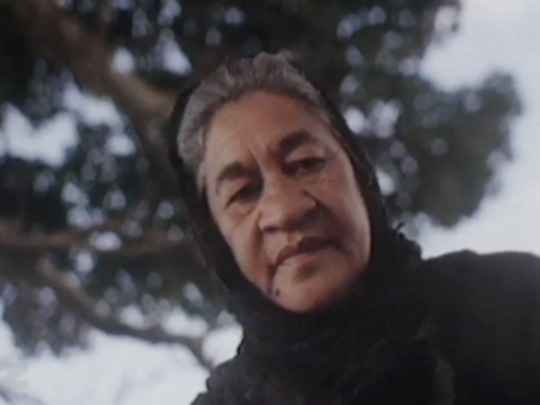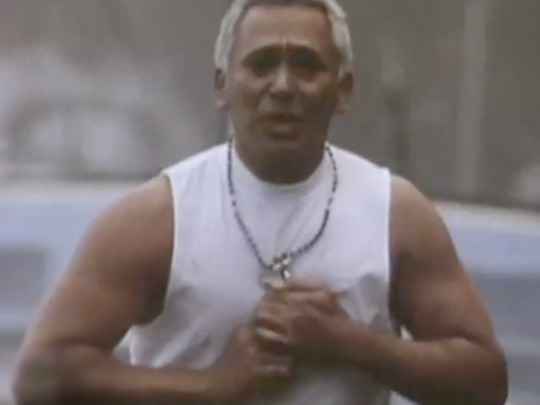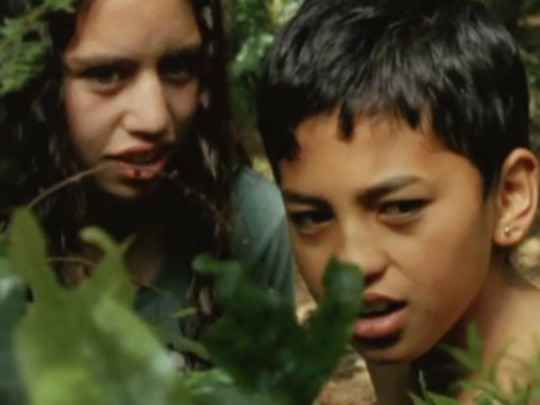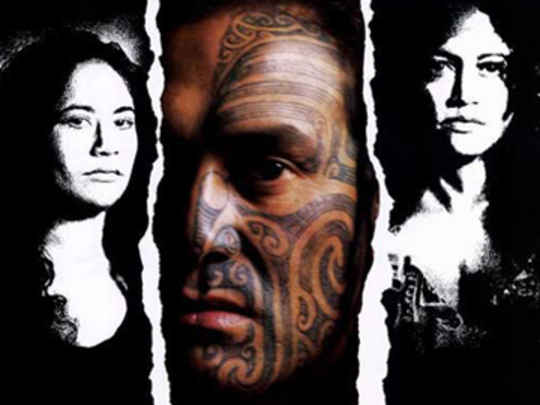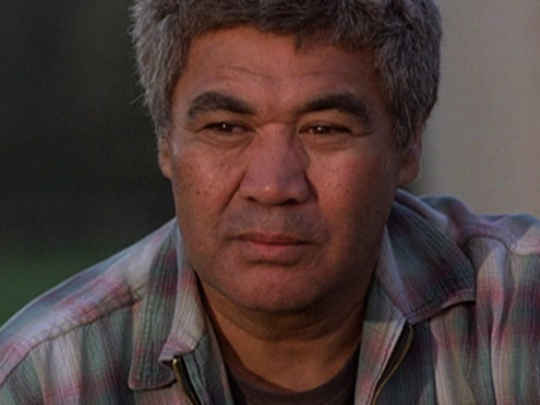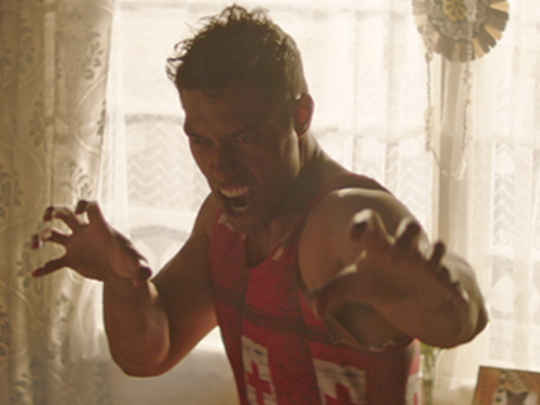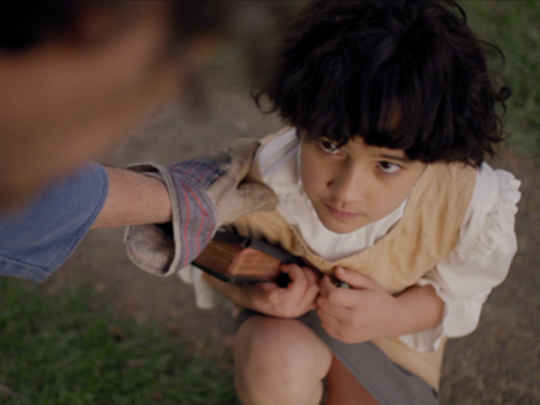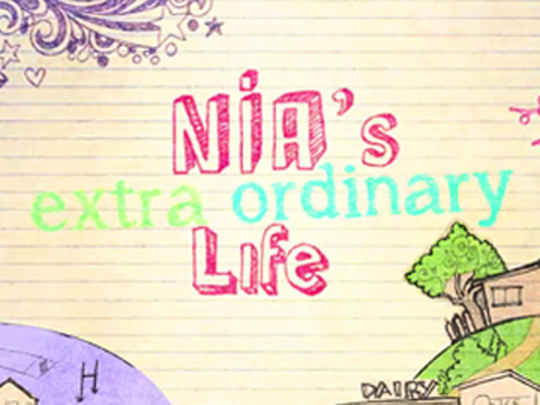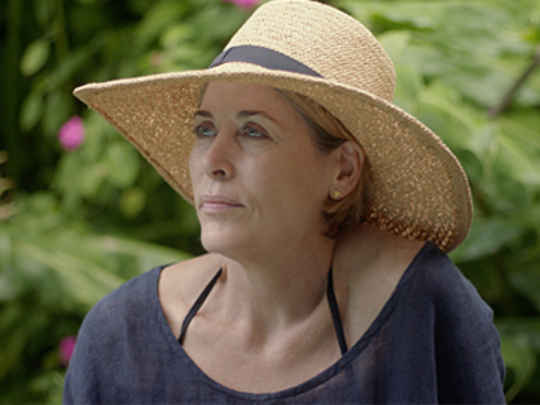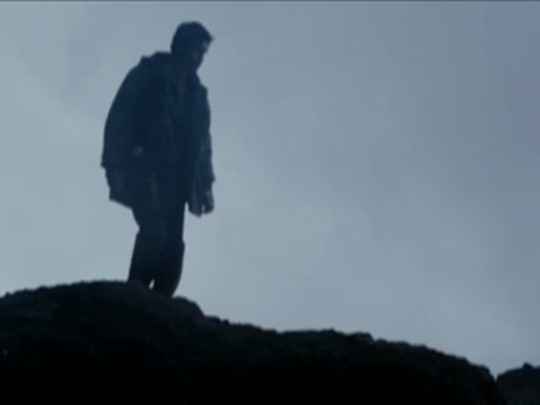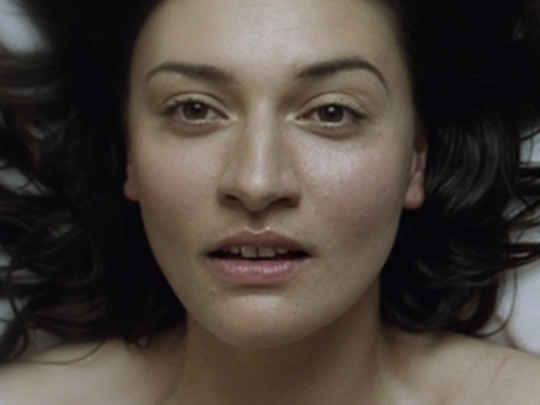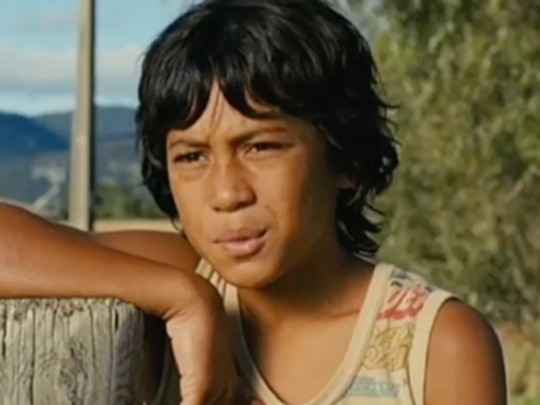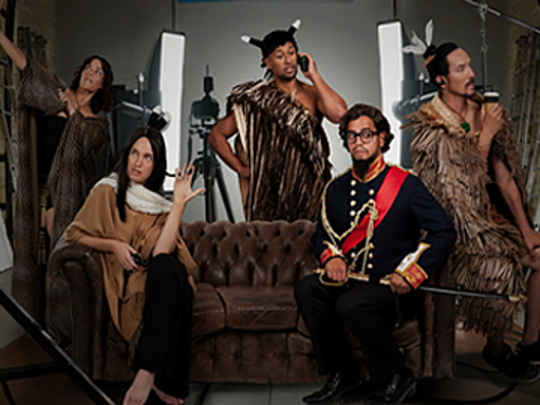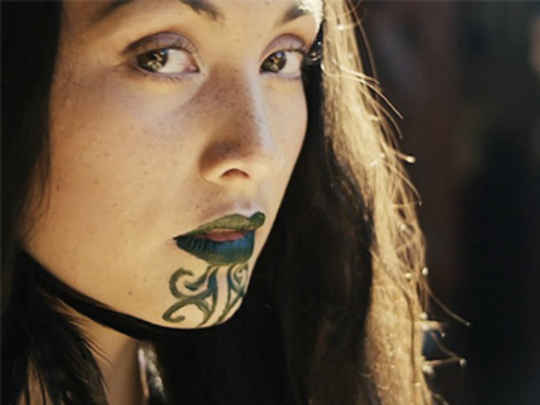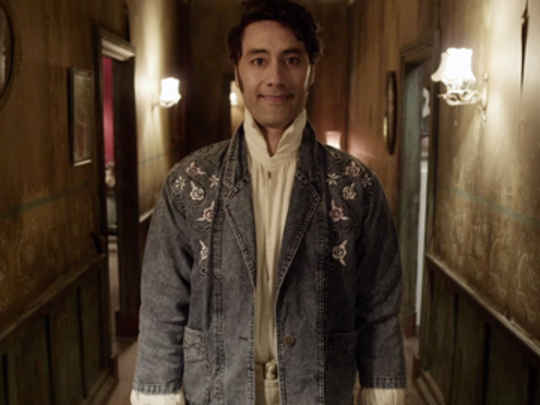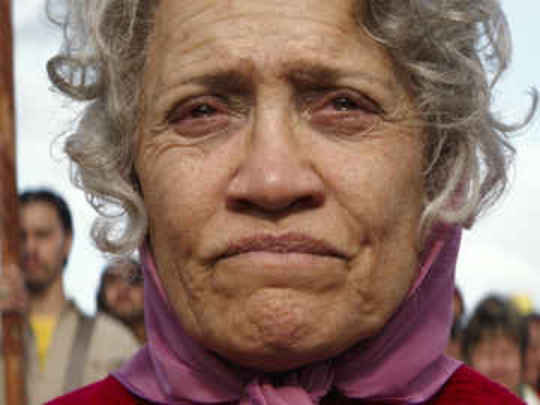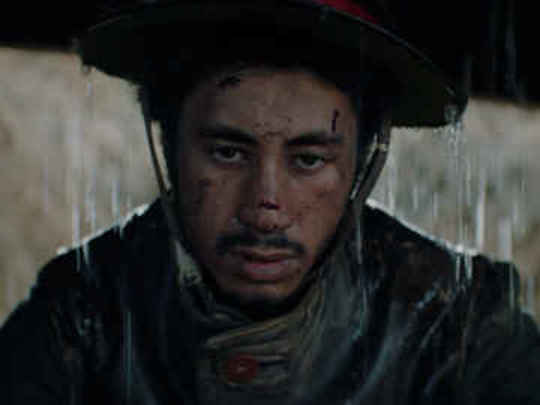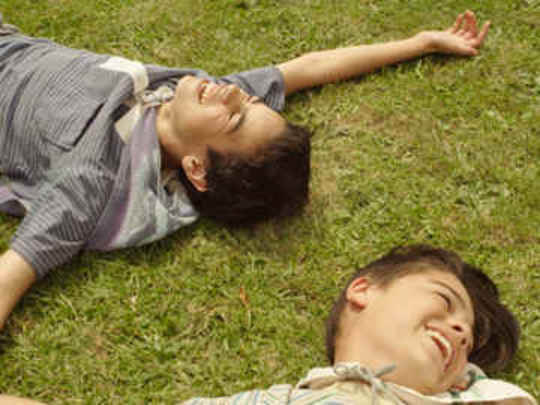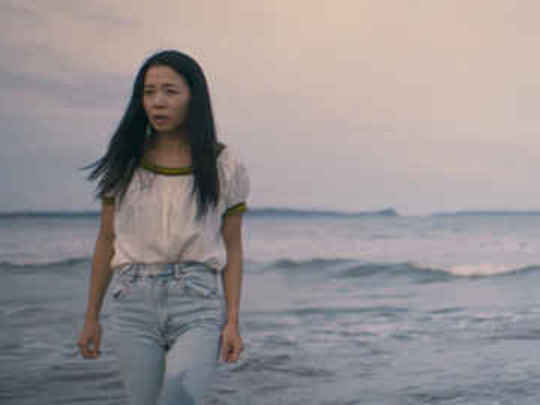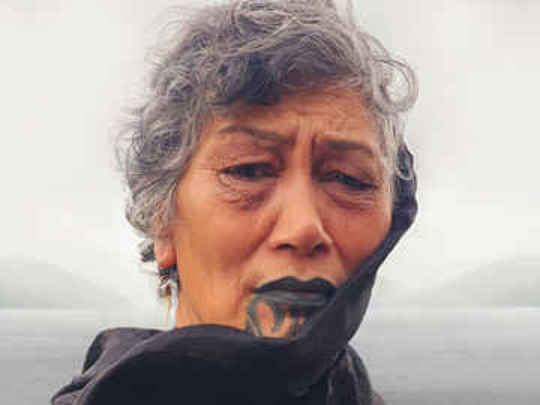In New Zealand we're told it's a Māori problem, and when a child is killed the mother is always vilified. We felt it was time to hear from Māori women about this issue.
– Producer Kerry Warkia on Waru, in an interview with Variety, 8 September 2017
This is issue-based filmmaking as high-wire ambitious, righteously angry and spirited as any New Zealand drama I’ve come across — one that represents a huge group of wāhine Māori throwing their all at the screen in poetic and surprising ways.
– Reviewer Tom Augustine on website Birth Movies Death, 4 August 2017
I feel privileged that my first foray into the film world I was wrapped around by some of the best female writer-directors in the industry. It was a no-brainer: I couldn’t fail with that much love, care and experience around me.
– Co-director Paula Jones, in an interview with Flicks, 16 October 2017
While so many anthology films seem scattershot or disjointed, Waru is perfectly suited to its kaleidoscopic form, taking strength from its multitude of perspectives. It's a remarkable achievement — authentic, impassioned, unexpected — that stands as a testament to the radical power of cooperative filmmaking.
– British critic Mark Kermode in a four star Guardian review, 11 November 2018
Eight films by eight female directors explored the lives of the people in the wider whānau and hapū after the death — unexplained, but presumably from abuse or neglect — of a young boy. The oblique approach kept the viewer on edge and there was real formal boldness at work in a project that argued, in contrast to the liberal piety, that it may take a village to kill a child.
– Reviewer Peter Calder, in a list of 2017's 20 Best Films, The Listener, 16 December 2017
